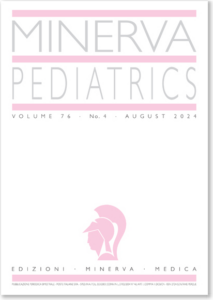We know we say this every year, but the last 12 months have been big ones for Retraction Watch as we celebrate our 14th birthday on August 3. We’ve continued breaking big stories and maintaining The Retraction Watch Database – while also taking big steps toward financial sustainability.
In September, we announced that the Database – which as of today contains more than 50,000 retractions – became completely open with its acquisition by Crossref. The move also allowed us to hire Gordon Sullivan, another staff member who works on the Database, and covers the costs of maintaining the Database 100% for at least five years.
We hope regular readers by now have noticed the site runs faster, with no downtime. That’s thanks to the volunteer efforts of Michael Dayah and Karl Lehenbauer, who over the past year or so have pitched in to help us with back-end platform and software issues. We can’t thank them enough for their ongoing support.
Some other highlights:
Continue reading Happy 14th birthday, Retraction Watch – and what a year it was








